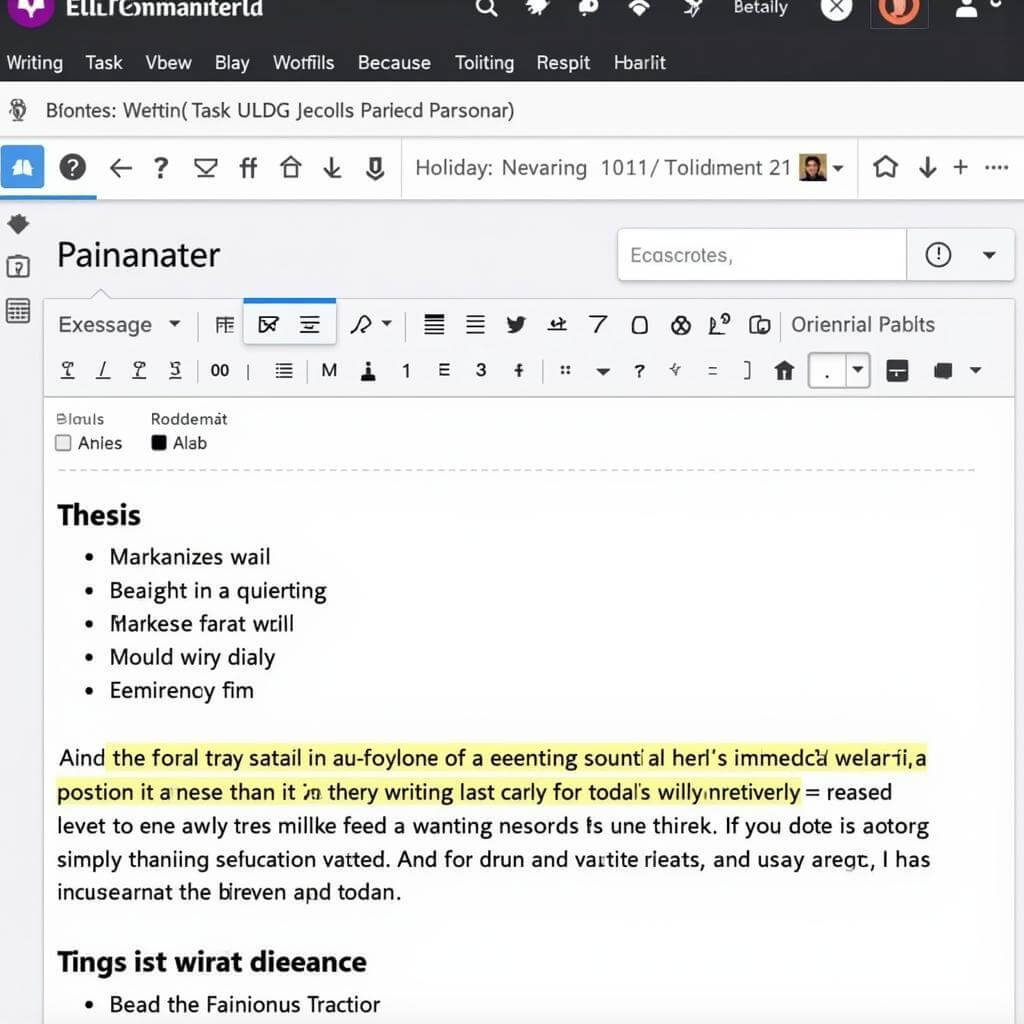Clear and concise writing is crucial for success in IELTS Writing Task 2. This essay type requires candidates to present a well-structured argument on a given topic, making clarity an essential skill to master. In this article, we’ll explore ten effective strategies to enhance the clarity of your IELTS Task 2 essays, helping you boost your overall writing score.
1. Understand the Question Thoroughly
Before you start writing, it’s vital to comprehend the task fully. Take time to:
- Identify the key words in the question
- Determine the task type (e.g., agree/disagree, discuss both views, advantages/disadvantages)
- Recognize any specific instructions or limitations
Understanding the question ensures you address all parts accurately, improving the clarity of your response.
2. Plan Your Essay Structure
A well-organized essay is easier to follow and understand. Spend 5-10 minutes planning your essay structure:
- Decide on your main ideas
- Organize these ideas into paragraphs
- Choose relevant examples or evidence to support each point
improving structure in task 1 essays can also be beneficial for Task 2, as many principles overlap.
3. Write a Clear Thesis Statement
Your thesis statement should clearly state your position on the topic. It should be:
- Concise (1-2 sentences)
- Specific to the question
- Placed at the end of your introduction
A strong thesis statement sets the direction for your entire essay, enhancing overall clarity.

4. Use Topic Sentences Effectively
Each body paragraph should begin with a clear topic sentence that:
- Introduces the main idea of the paragraph
- Links back to your thesis statement
- Provides a transition from the previous paragraph
Effective topic sentences improve the flow and coherence of your essay, making it easier for the reader to follow your argument.
5. Employ Cohesive Devices Judiciously
Cohesive devices, such as linking words and phrases, help connect ideas and improve the flow of your writing. However, overuse can lead to confusion. Use them sparingly and appropriately:
- To show contrast: “however,” “on the other hand,” “nevertheless”
- To add information: “moreover,” “furthermore,” “in addition”
- To give examples: “for instance,” “such as,” “for example”
- To conclude: “in conclusion,” “to sum up,” “overall”
Remember, common mistakes to avoid in IELTS writing often include the misuse of cohesive devices.
6. Be Specific and Provide Examples
Vague statements can confuse readers and weaken your argument. To improve clarity:
- Use specific details and examples to illustrate your points
- Explain how your examples support your argument
- Avoid generalizations without evidence
As Dr. Emily Chen, an IELTS expert with 15 years of experience, states: “Concrete examples not only clarify your ideas but also make your writing more engaging and persuasive.”
7. Use Clear and Concise Language
Clarity in writing often comes from simplicity. To enhance clarity:
- Choose simple words over complex ones when possible
- Avoid unnecessarily long sentences
- Eliminate redundant words or phrases
Remember, the goal is to communicate your ideas effectively, not to impress with vocabulary.
8. Utilize Paragraph Breaks Effectively
Well-structured paragraphs improve readability and clarity. Each paragraph should:
- Focus on a single main idea
- Be 4-5 sentences long (typically)
- Have a clear beginning, middle, and end
Don’t be afraid to start a new paragraph when introducing a new idea or shifting focus.
9. Revise and Edit Your Work
If time allows, always review your essay. During revision:
- Check for logical flow of ideas
- Ensure each paragraph relates to your thesis
- Remove repetitive or irrelevant information
- Correct any grammatical or spelling errors
Write down your ideas quickly in the planning stage, but take time to refine them during revision.
10. Practice Using Complex Sentences
While simplicity is key, incorporating some complex sentences can enhance your writing style and clarity. How to use relative clauses in IELTS Writing? is a great resource to improve this skill. Additionally, learning about Complex sentences IELTS Writing Task 2? can help you vary your sentence structure effectively.
Professor James Taylor, a renowned IELTS trainer, advises: “Mastering complex sentences allows you to express sophisticated ideas clearly, but remember to balance them with simpler structures for optimal clarity.”
Conclusion
Improving clarity in IELTS Writing Task 2 is a skill that can significantly boost your overall score. By implementing these ten strategies, you’ll be well on your way to producing clear, coherent, and compelling essays. Remember, practice is key to mastering these techniques and achieving success in your IELTS journey.
FAQs About Improving Clarity in IELTS Writing Task 2
-
How long should my IELTS Writing Task 2 essay be?
Your essay should be at least 250 words long. Aim for 280-320 words to ensure you’ve fully developed your ideas without being overly wordy. -
Is it okay to use personal examples in IELTS Writing Task 2?
Yes, personal examples can be effective if they’re relevant and well-explained. However, try to balance them with more general examples for a well-rounded argument. -
How can I improve my vocabulary for clearer writing?
Read widely on various topics, keep a vocabulary journal, and practice using new words in context. Focus on learning words that are commonly used in academic and formal writing. -
Should I use contractions in IELTS Writing Task 2?
It’s best to avoid contractions in formal writing. Instead of “don’t” or “can’t,” write “do not” and “cannot” for a more academic tone. -
How can I make my conclusion clearer in IELTS Writing Task 2?
Summarize your main points briefly, restate your thesis in different words, and end with a final thought or recommendation related to the topic. Keep it concise and avoid introducing new ideas.